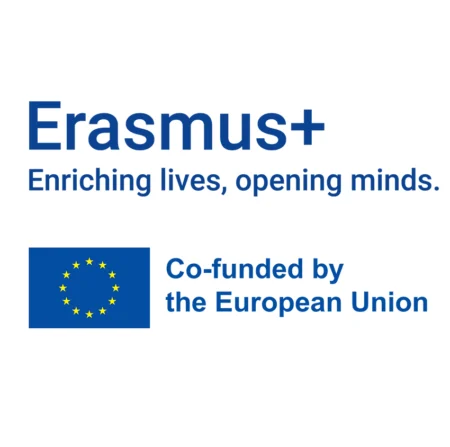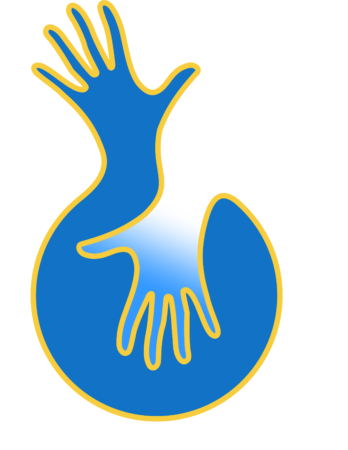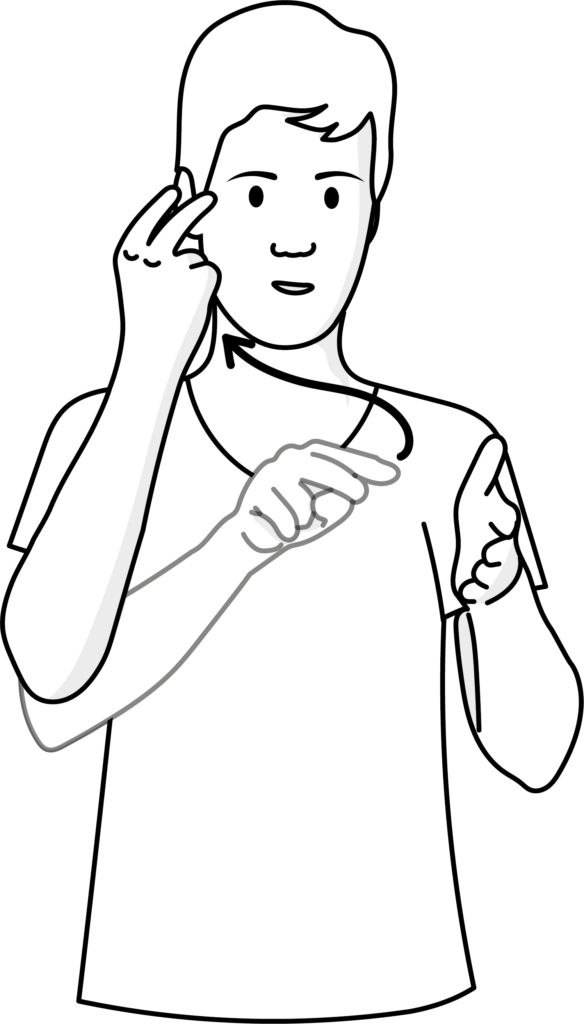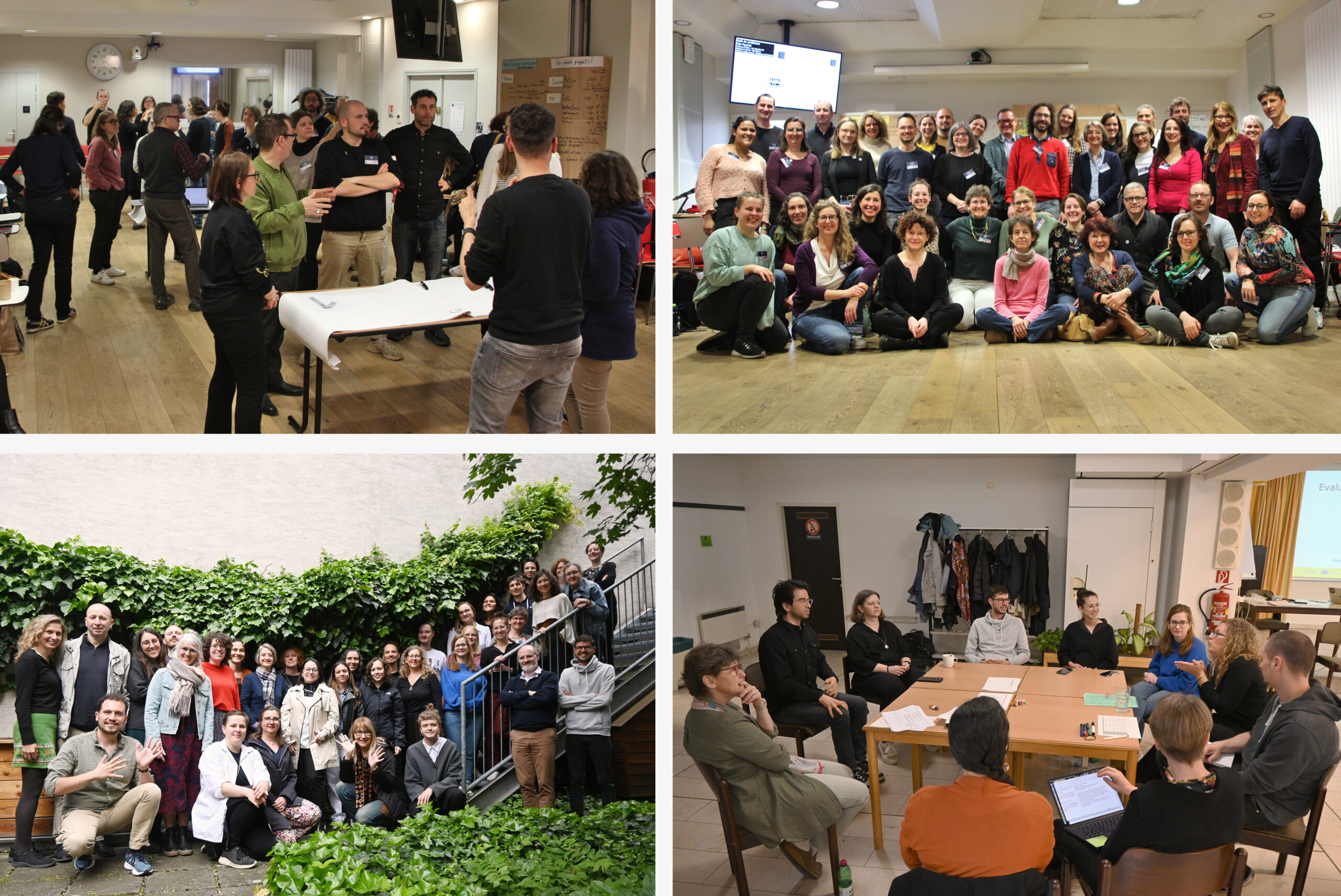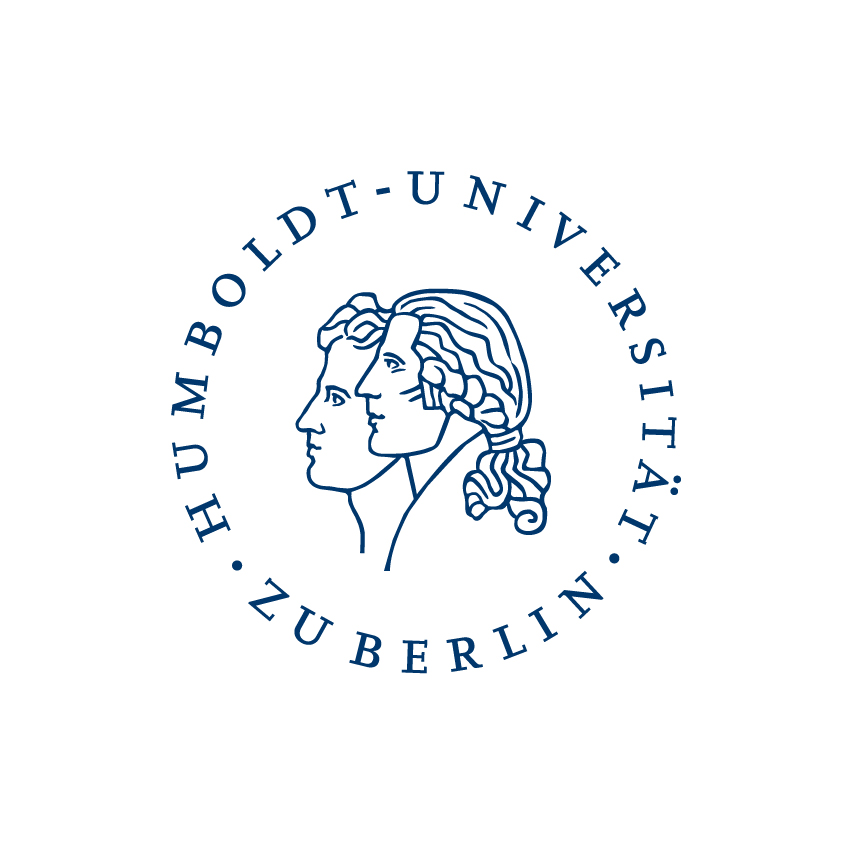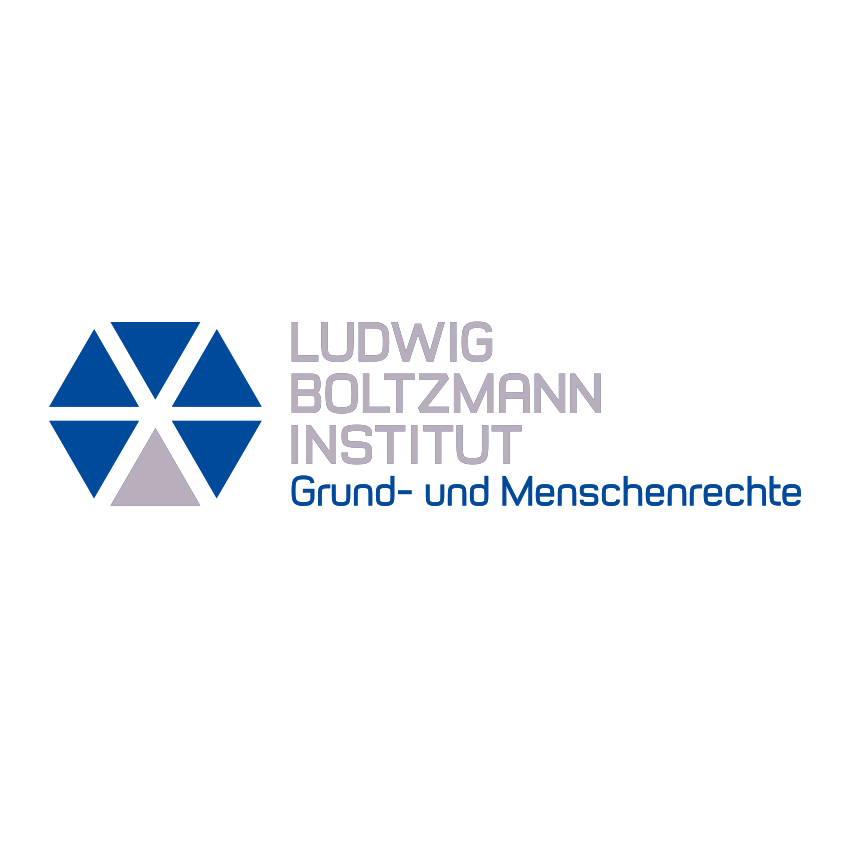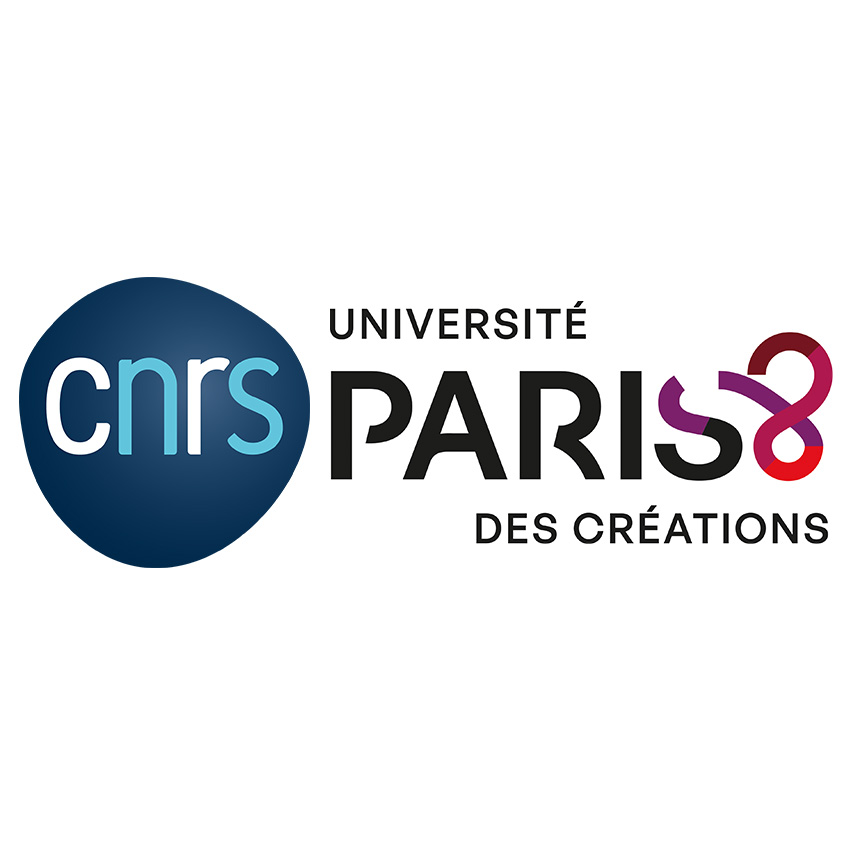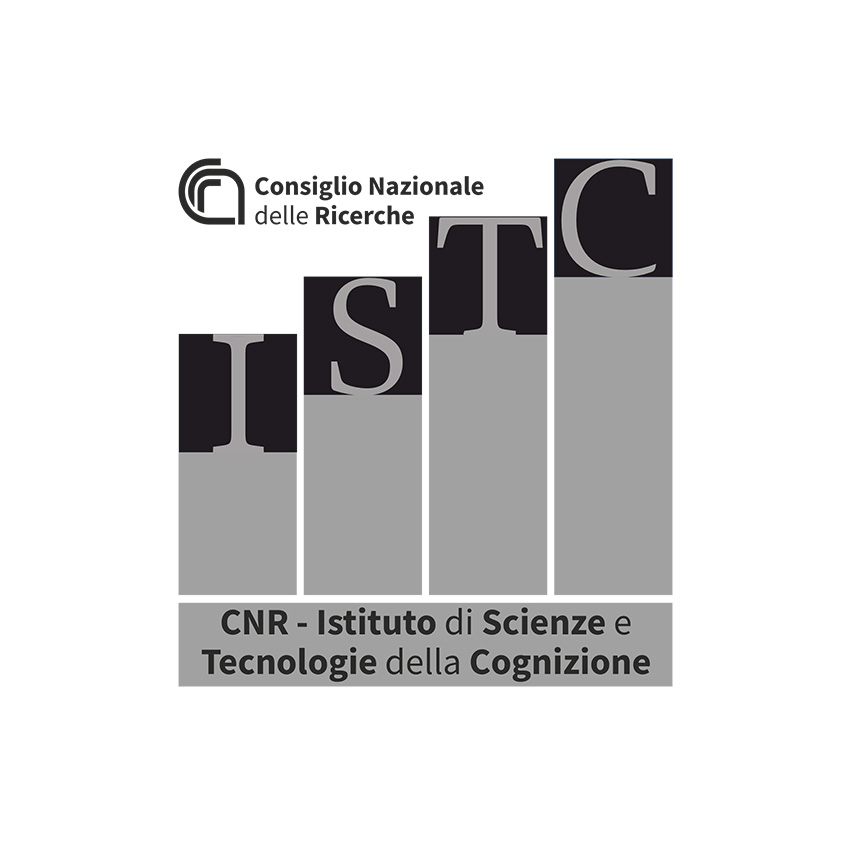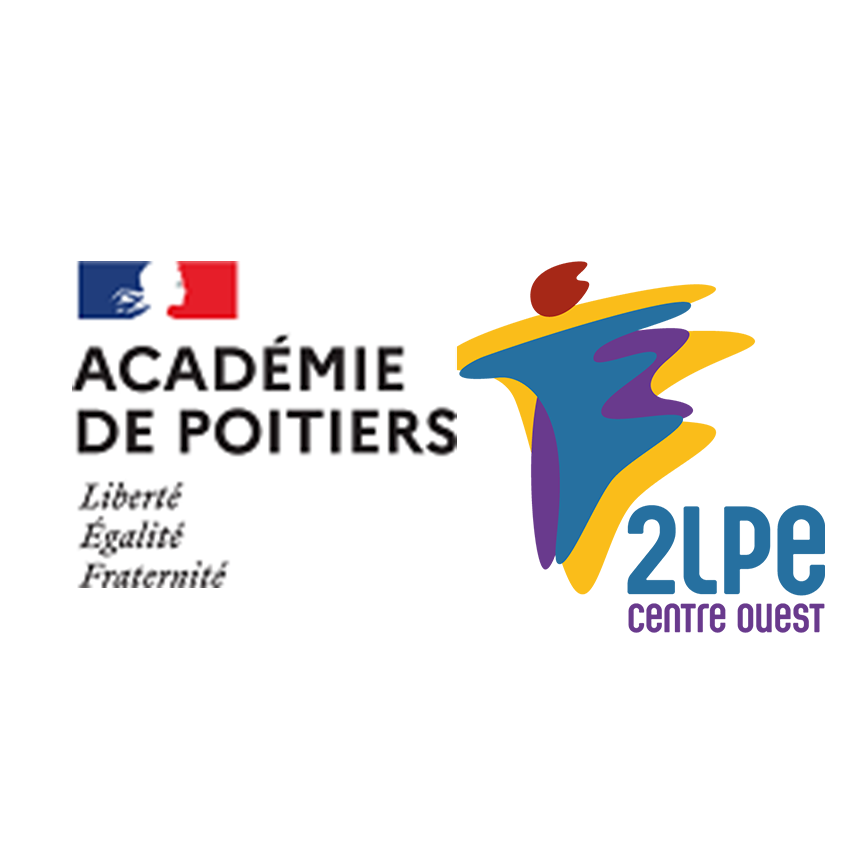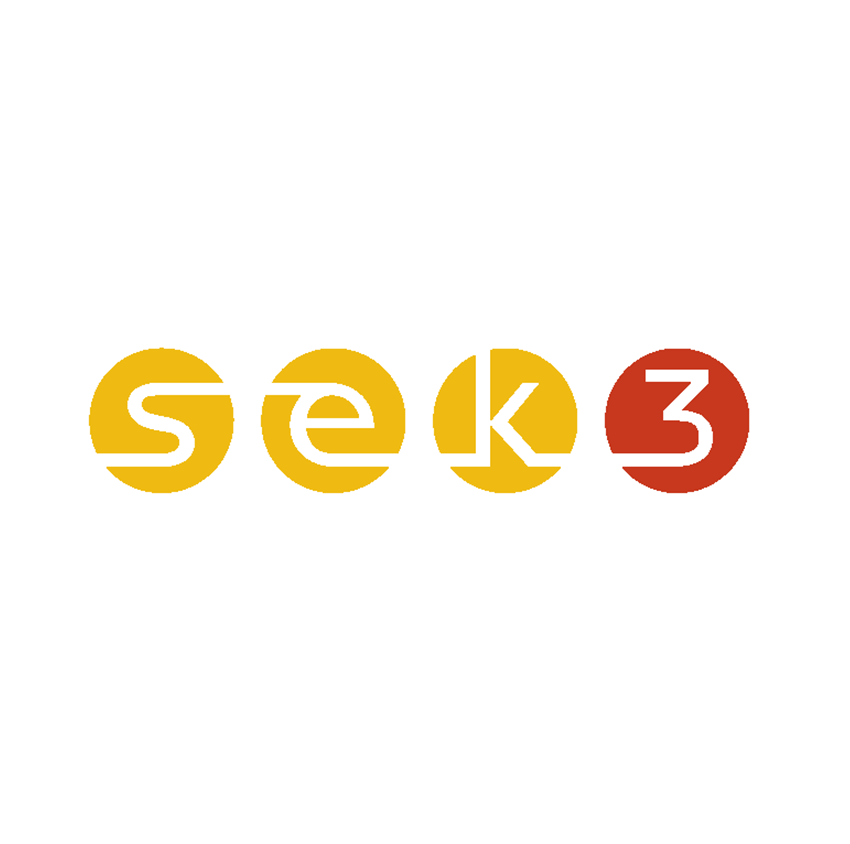Be Aware of the Grammar of Sign Languages
Welcome to
BAG-Sign
Goals
We developed a pedagogical grammar for five different sign languages. This pedagogical grammar supports deaf, hard of hearing and hearing pupils in acquiring knowledge about the structures of sign languages.
The project “Be Aware of the Grammar of Sign Languages” (BAG-Sign) is a collaboration between research institutions and schools in five countries: Germany, Switzerland, Italy, France, and Austria.
Our goals are
- to strengthen the linguistic knowledge and language awareness of deaf, hard of hearing and hearing pupils of sign languages;
- to improve the quality of sign language teaching in schools, and
- to qualify teachers to foster language awareness among sign language learners.
To this end, we
- transformed linguistic findings about the structures of sign languages into pedagogically useful forms;
- created a web-based pedagogical grammar for five European sign languages for pupils;
- offered trainings and web-based tutorials for teachers of sign languages.
The pedagogical grammar „Sign Languages for Pupils: Thinking About Grammar“ describes the structure of:
German Sign Language (DGS)
Swiss-German Sign Language (DSGS)
Italian Sign Language (LIS)
French Sign Language (LSF)
Austrian Sign Language (ÖGS)
„Sign languages for pupils: Thinking about grammar“ is


The explanations are available in various signed and written languages.

The pedagogical grammar can be used independently of a specific textbook.

The diverse learning contexts of deaf, hard of hearing and hearing pupils are being taken into account by offering sign language videos, images & graphics and written text.

Both the pedagogical grammar for pupils and the tutorials for teachers are all available on this website and are free of charge.
Development
This pedagogical grammar was co-constructed in a collaboration between deaf and hearing researchers and deaf, hard of hearing and hearing teachers in five countries.
- Focus group interviews (N = 23 teachers)
- Comparative content analysis of existing material and curricula for sign languages in five countries.
- Trial phase 1: Teachers from the five partner schools tested the beta version of the website for a period of around two weeks.
- Focus group interviews (N = 18 teachers).
Each topic was developed in the following steps:
- Linguistic analysis of the respective communicative function and linguistic means.
- Didactic decisions:
- Selection of the linguistic devices to be described in the pedagogical grammar.
- Agreement on a standardised didactic terminology.
- Development of the structure of the topic and selection of examples.
- Adaptation for each of the five sign languages.
- Teacher training: Introduction to website, to the concept of language awareness and to the structure of the grammar topics.
- Trial phase 2: Teachers tested the pedagogical grammar for eight weeks. At the same time, they completed evaluation journals. (N = 72 teachers).
- Focus group interviews (N = 16 teachers).
The tutorials were created based on the needs analysis, the testing of the beta version and the evaluation.
Partners
Humboldt Universität zu Berlin, Germany
Prof. Dr. Claudia Becker
Coordination for Erasmus+
Patricia Barbeito Rey-Geißler
Andreas Bittner
Maria Wolf
Fabienne Schwartz
Lena Granowski
Martha Cordes
Ludwig Boltzmann Institute for Fundamental and Human Rights, Austria
Dr. Verena Krausneker
Lydia Fenkart
Nikolaus Hauer
University Paris 8 Vincennes-Saint-Denis, France
Prof. Dr. Marie-Anne Sallandre
Prof. Dr. Brigitte Garcia
Louise Bony
Stéphane Gonzalez
Geoffrey Besnard
Aïcha Ben Rhouma
Dr. Mirko Santoro
Institute of Cognitive Sciences and Technologies National Research Council (CNR), Italy
Dr. Olga Capirci
Dr. Alessio Di Renzo
Dr. Chiara Bonsignori
Dr. Gabriele Gianfreda,
Luca Lamano
Tommaso Lucioli
Eloisa Matina
Barbara Pennacchi
University of Applied Sciences of Special Needs Education Zurich, Switzerland
Dr. Mireille Audeoud
Coordination for Movetia
Katja Tissi
Marina Ribeaud
Isabelle Cicala
Sarah Caminada
Heidi Stocker
Schools
Acknowledgements:
Website Design: Tobias Schulze
Graphics: Nicolas Combes, alias Nikesko (Comic-pictures); Maria Wolf, Stéphane Gonzalez and Barbara Pennacchi (Sign language pictures and Graphics)
Signers:
DGS: Patricia Barbeito-Rey Geißler, Andreas Bittner, Corinna Brenner, Annina Wegner, Tina Ehmann, Meron Tesfai, Bryan Savkin, Paulina Güllü, Tabita Gervers
DSGS: Marina Ribeaud, Isabelle Cicala, Kevin Schmid, Pauline Rohrer
LIS: Alessio di Renzo, Gabriele Gianfreda, Luca Lamano, Tommaso Lucioli, Eloisa Matina, Barbara Pennacchi, Susanna Ricci Bitti
LSF: Stéphane Gonzalez, Christelle Pépin, Ludovic Ducasse, Aliza M’Sika, François Brajou, Marie-Thérèse L’Huillier, Mamadou Ly, Emi Matsuoka, Kim Bouveret, Djenebou Bathily, Geoffrey Besnard, Simon Attia
ÖGS: Lydia Fenkart, Atilla Gum, Astrid Weidinger, Arun Mariavilasm, Andreea Cuparescu, Amanda Jovanovic
IntSL: Elodie Cervantes
Interpreters:
Lissa Zeviar, Leyre Subljana, Day Heisinger-Nixon
Advice and support:
Team GESTU at Technical University Vienna (https://www.tuwien.at/studium/student-support/gestu)
Funding
The project BAG-Sign was funded by:
